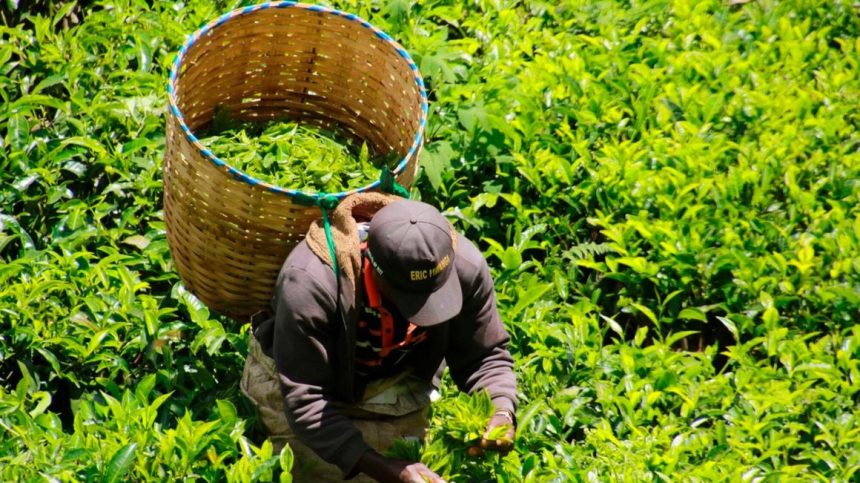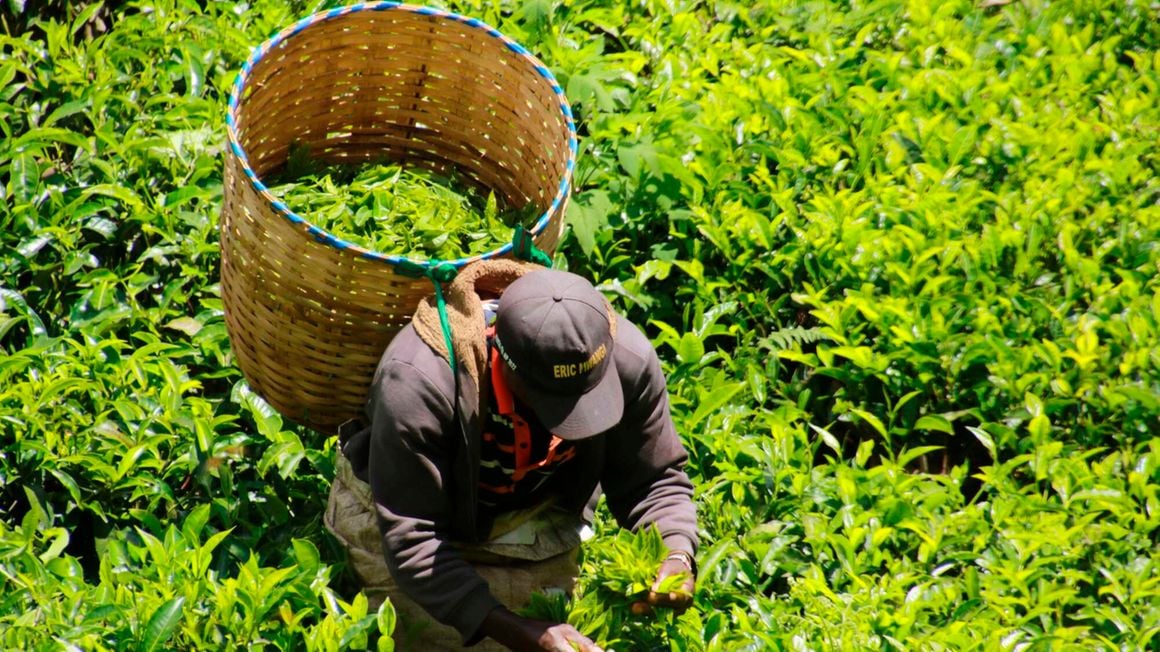Instability and uncertainty in Kenya’s tea industry have gone a notch higher with reports that the country is losing about $2 million every week at the tea auction in Mombasa as a result of insecurity in growing zones that has led to the suspension of operations by key producers.
This coming in on the heels of Tanzania signalling its intention to switch the market platform for its teas from the Mombasa auction to Dar es Salaam, right after Sri Lankan Browns Investments Plc agreed to buy Finlay Kenya’s tea estates business, James Finlay Kenya.
Finlay Kenya has industry observers worried about the future of the crop. As part of the sale agreement, Browns and Finlay will sell 15 percent of the shares to a locally owned co-operative.
The ongoing business disruptions in large-scale tea producer farms in Kenya’s South Rift areas has affected business at Mombasa Tea Auction with the country expected to continue losing more in the coming tea sales if situation persists.
The board of the East Africa Tea Trade Auction (EATTA), which runs the Mombasa Tea Auction, said the invasion of tea estates in the Kenyan highlands has had huge ramifications on the economy with supply of teas in the auction expected to go down.
The situation has worsened after Ekaterra Tea PLc, formerly Unilever, announced the suspension of its operations in Bomet and Kericho counties following the invasion and destruction of its property by the locals.
The company said the recent protests and looting by suspected criminal groups at their tea estates in Kericho and Bomet counties forced them to suspend their operations.
According to EATTA, due to the heightened insecurity, large tea producers operating Kericho, Bomet, Nyamira and Nandi counties have also threatened to scale down their operations.
EATTA board chairperson Arthur Sewe said Kenya is on the verge of losing more than $2.5 million every week if all the tea plantations are shut down and the Mombasa Tea Auction operations are halted.




